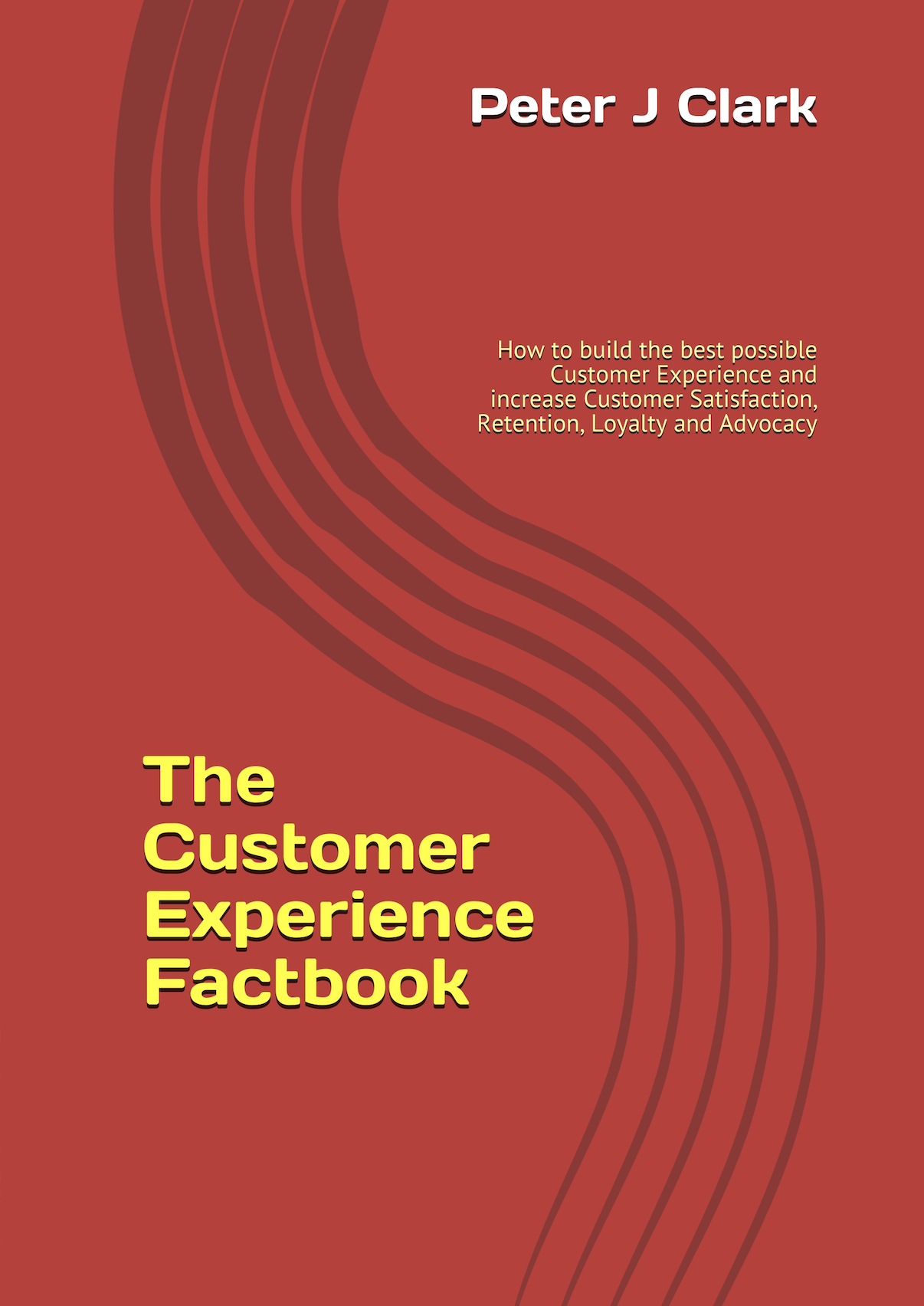Winners and losers of the UK consumer's loyalty
Following ten years of an unprecedented lack of concern about the economy through the 'noughties', worry about the economy remains top of mind for Brits with half of consumers still feeling that it's the most important issue facing Britain today. Despite this, banks and building societies continue to lead the way when it comes to feelings of customer loyalty, according to a survey conducted by Ipsos MORI for The Logic Group.
It is therefore perhaps no surprise that two key drivers of customer loyalty are familiarity with both the in-store experience and value for money, and ease - whether that's apathy or simply for convenience.
The third annual study of customer loyalty in the UK surveyed more than 2,000 adults throughout Great Britain and also included online social listening, web sensing, and online discussion groups. For the third consecutive year, the same three sectors emerged as leaders in customer loyalty:
- Banks/Building societies (66%);
- Supermarkets (60%);
- Mobile phone companies (52%).
Other sectors fell far behind, however. For example, the various tourism sectors did not fare well, with little loyalty being report to Travel/Transport/Car hire/Airline brands (13%) or Hotels (11%). Electrical and IT retailers (15%) and Sports (including gyms & sports clubs) at 16% also recorded low levels of loyalty overall.
"Given the current climate, and consumer confidence in the economy taking a knock, it's no surprise that customers have become wise over the past year. Many consumers now see loyalty as transactional rather than emotional; filtering many schemes with a 'what's in it for me?' approach," explained Antony Jones, CEO for customer interactions specialist The Logic Group.
The research also found that once people join a loyalty scheme, they are then more likely to join more and more such programmes in the same sector and beyond. Taking supermarkets as an example, 68% of people in the UK are members of supermarket loyalty schemes, with more than one third being members of two or three such programmes.
"Of course as loyalty programmes roll out across different sectors, businesses must identify and communicate the real unique selling points (USPs) of their schemes," warned Jones. "The demands on loyalty schemes are complex: balancing consumer expectations and motivations, against business purpose, and all within a very challenging economic context. But one thing emerges clearly from this study: a loyalty scheme cannot simply be set up and left to run."
What makes consumers loyal to a brand or a sector is very subjective, and down to personal choice, but these feelings and consequent behaviours can be grouped by a range of factors from gender and age, to social class. The research noted a great similarity between those who feel loyal to the top three sectors. Women for example, are more loyal than men to both Banks/Building societies (69% of women versus 62% of men) and Supermarkets (66% of women versus 55% of men), along with older people (i.e. those aged 35+) and households' main shoppers.
Contrast is seen in social grade, however, where people in lower socio-economic groups (i.e. the C2DE groups) are more likely to be loyal to supermarkets (63%) compared to the higher socio-economic groups (ABC1) at 58%, while people in high to mid socio-economic groups (ABC1C2) at 67% are more likely to feel loyalty toward Banks/Building societies (compared to the lower groups DE at 60%).
Turning to the tourism sectors, older people and people in higher socio-economic groups (AB) are most likely to feel loyal here than their younger or lower socio-economic group counterparts. Interestingly, 22% of Londoners said they are loyal to Travel/Transport/Car hire/Airlines - almost twice the national average of 13%.
But 'feeling loyal' is a difficult emotion to quantify. Today's consumers typically feel loyal based upon one of two behaviours:
- They have only one provider, or a small number of providers, for a particular product or service (e.g. banking or mobile phone);
- They make frequent visits to/use of a particular provider (e.g. a local convenience store).
"The reference points for loyalty are still banks/building societies, supermarkets and mobile phones," concluded Simon Atkinson, assistant chief executive for Ipsos MORI. "But all the evidence suggests that people are loyal to organisations in these sectors for very different reasons. Consumer loyalty is motivated by a range of factors including emotional brand affinity, familiarity, convenience and value for money - and this varies considerably by sector."
Sources: The Logic Group; Ipsos MORI / The Marketing Factbook.
Copyright © 2011 - 2025 The Marketing Factbook.
Categorised as:
- Customer Experience
- Customer Loyalty
- Knowing The Customer
- Marketing Know-How
- Marketing Technology
